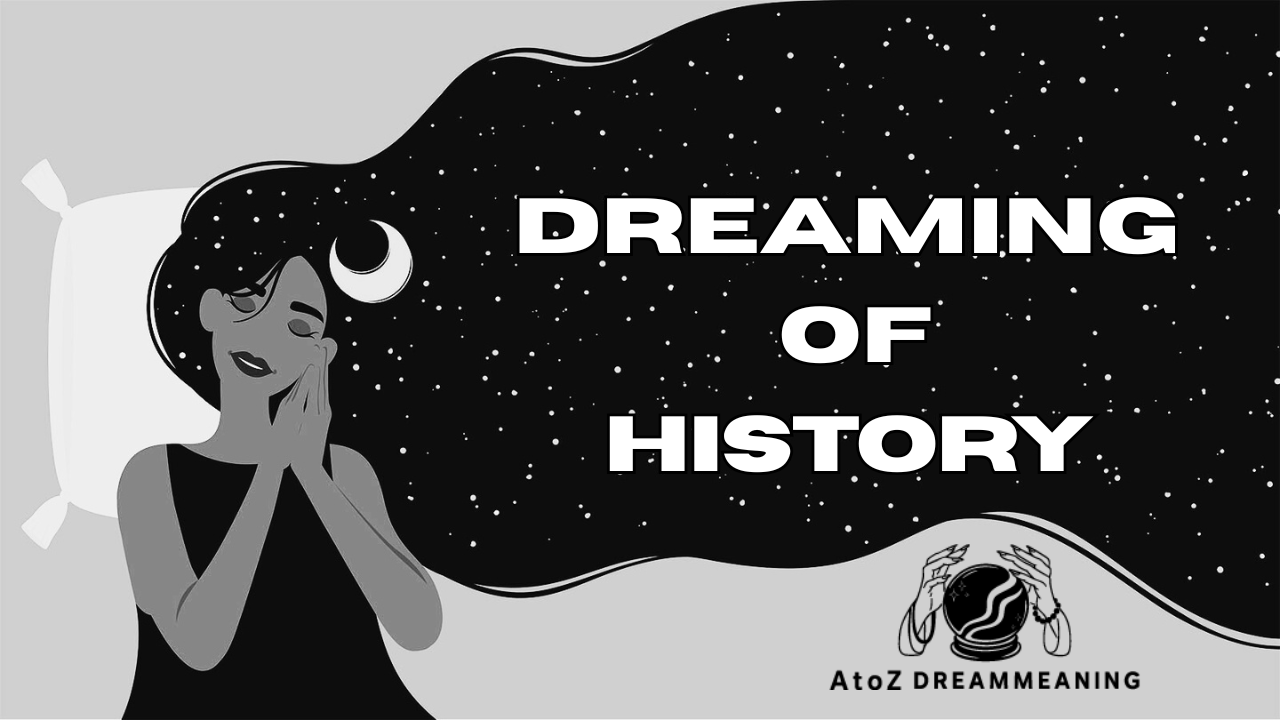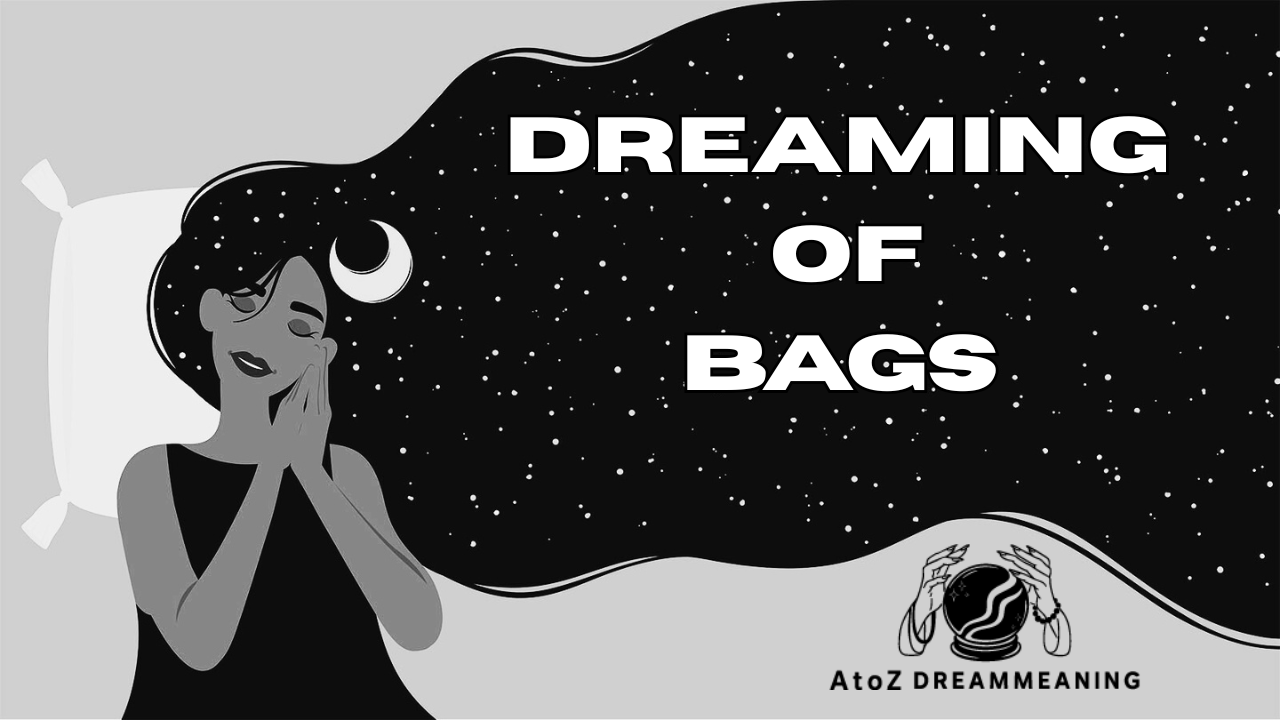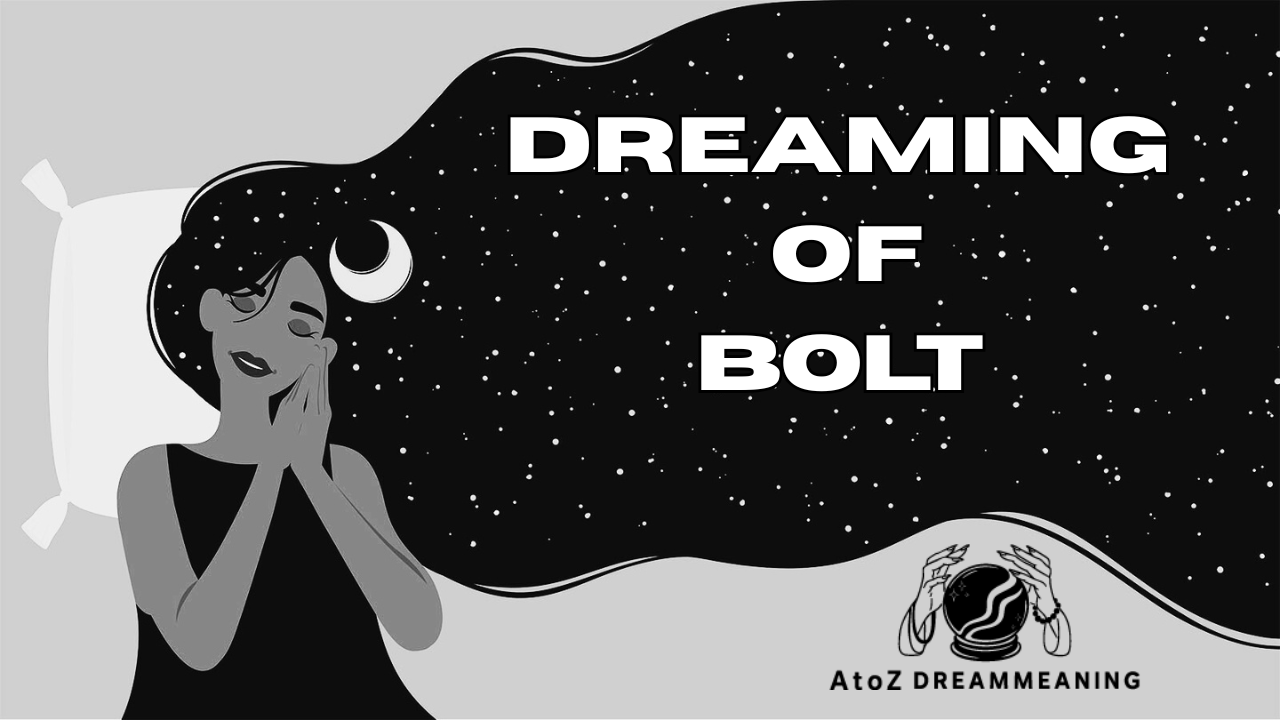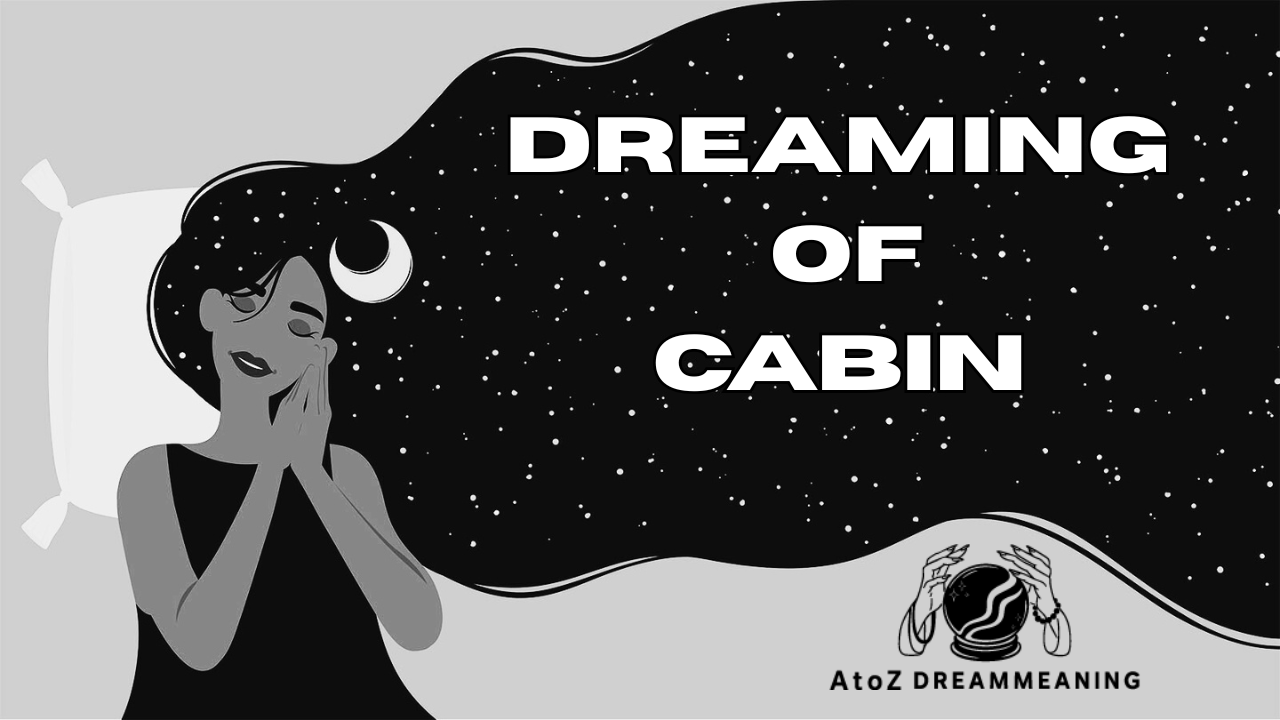Dream interpretations have been recorded on clay tablets between 3000 and 4000 B.C. We have been fascinated by and have worked to understand our dreams for as long as we can talk about them.
Some members of primal societies were unable to tell the difference between the real world and their dreams. Or they could decide not to differentiate. They realized that the dream world wasn’t just a continuation of reality and a more potent one.
However, the ancient Greeks first advanced the idea that dreams were not communications from some distant divine source but rather from within or the divine spark within. While Aristotle, a student of Plato, believed that dreams shared common themes and were not divine oracles but coincidences, Plato (427–347 BC) proposed that dreams were manifestations of a person’s hidden desires.

Hippocrates (460–377 BC), known as the “father of medicine,” proposed that dream symbols, such as fire, which denoted indigestion in the dreamer, reflect the state of that dreamer’s physical well-being and should be used as effective diagnostic aids.
Dreams had a religious connotation during the Greek and Roman eras. The dead or the gods were thought to have sent them directly to humankind. When faced with a problem or a course of action, the people of that time looked to their dreams for guidance. Dreams, according to them, were omens of future events.
In the hope that a message would be delivered to them through their dreams, special shrines were even built where people could go to sleep. They had such a strong faith in a dream’s ability to influence the reality that even political and military authorities followed their dreams’ instructions. Dream interpreters have even gone into battle with them to aid military leaders with their war plans.
The primary emphasis on dreams during the Hellenistic era was their healing capacity. Asclepieion-style temples were constructed in honor of the therapeutic potential of dreams.
It was thought that those who slept in these temples would receive healing in their dreams for their illnesses. Even in medical diagnoses, the medicine men were assisted by dream interpreters. It was thought that dreams provided important information for healers to determine what ailed the dreamer.
Even though early Christians valued dreams for their spiritual significance in much of Europe, the Roman Catholic Church’s oppressive rule ended any attempts at dream interpretation. Dreams were no longer considered significant by the fifteenth century. Shakespeare still referred to them as “children of the idle brain” around a century later. This school of thought persisted even in the eighteenth century when dreams were still considered insignificant.
Dreams were disregarded in the early 19th century as the result of anxiety, noise in the house, or even indigestion. Therefore, it had no real meaning. Later in the 19th century, Sigmund Freud revived the significance of dreams and the need for their interpretation. He completely changed how dreams were studied.
Going back to these ancient cultures, people have always tended to interpret dreams. Over 700 references to dreams are found in the Bible alone.
Priests served as dream interpreters in ancient Egypt. In hieroglyphic writing, the Egyptians kept track of their dreams. People with particularly vivid and meaningful dreams were considered blessed and special. People who could interpret dreams were revered and regarded as having divine abilities.

Dreaming can be viewed as a real location that your spirit and soul travel to each night. According to Chinese philosophy, the soul departs from the body and enters this world. However, if they were to awaken suddenly, their soul might not succeed in coming back to the body. Because of this, some Chinese people today are wary of alarm clocks. Some Native American tribes and ancient Mexican civilizations believed in a separate dream dimension.
They believed that their ancestors manifested as plants and lived in their dreams. For them, having dreams is a way to visit and communicate with their ancestors. Dreams also aid in illuminating a person’s purpose or function in life.
People in the Middle Ages thought dreams were bad and the images in them were temptations from the devil. People used to think that the devil put poisonous thoughts in their minds while asleep, making them vulnerable. He tried to lead us astray by doing his dirty work through dreams.



